Have you ever wondered how long it takes to get over a root canal? If you’re going through this dental method—or just had one—you’re likely curious about what comes next. I get it; it’s a touch nerve-wracking to think about. My friend Leilani felt the identical way while she had her root canal a few months in the past. She saved asking me, “How lengthy will I feel like this? When can I eat usually once more?” Her questions stimulated me to dig into the details, and now I’m here to share what I’ve learned with you.
A root canal is one of these dental treatments that sounds scarier than it commonly is. It’s a system to store a tooth that’s badly damaged or infected through getting rid of the pulp interior, cleansing it out, and sealing it up. But once the dentist is done, the real question becomes: how long until you’re back to feeling like yourself? In this article, we’ll walk through everything you need to know about root canal recovery time—how long it typically takes, what affects it, tips to heal faster, and when to call your dentist if something feels off. Let’s dive in!
Typical Recovery Timeline: What Happens After a Root Canal
So, let’s start with the basics: how long does root canal recovery time usually take? From what I’ve found—and what Leilani experienced—the initial recovery, where the worst of the discomfort fades, happens pretty quickly, within 24 to 48 hours. By 3 to 5 days, most people feel a lot better, and full healing, including things like getting a permanent crown, often wraps up in about 1 to 2 weeks. That said, some folks might take a bit longer, up to a few weeks, depending on their situation.
When Leilani had her root canal, she was surprised at how fast she started feeling okay again. After a couple of days, she was happily sipping smoothies and nibbling on mashed potatoes. To make this easier to picture, I’ve put together a little table based on what dental experts say about the recovery stages:
| Time Period | What to Expect |
|---|---|
| 24-48 hours | This is when you’ll feel the most discomfort—think sensitivity, maybe some swelling. Stick to soft foods and avoid chewing on that side. |
| 3-5 days | Pain and swelling should drop a lot. You can start eating more solid stuff, but still take it easy on the treated tooth. |
| 1 week | By now, any pain or sensitivity should be minimal. You might have a follow-up visit or get a permanent crown, and things start feeling normal. |
| 2 weeks | Most people are fully recovered—back to their usual diet and routine. The permanent crown is usually in place by now. |
This timeline comes from a great resource over at Modern Dental Smiles, and it matches up with what Leilani’s dentist told her. Of course, everyone’s different, but this gives you a solid idea of what to expect after your root canal.
What Affects Your Root Canal Recovery Time?
Now, here’s the factor: not absolutely everyone’s root canal recuperation time is the same. Some human beings bounce back brilliant speedy, while others take a touch longer. Why is that? Well, a few factors can play a role in how quickly you heal.
First up is the complexity of the procedure. If your tooth has multiple roots—like molars often do—or if there was a big infection, it might take more time for everything to settle down. Leilani’s root canal was on a front tooth, which her dentist said was simpler, so her recovery was pretty smooth. But if you’ve got a trickier case, your healing might stretch out a bit.
Your overall health matters too. If you’re usually healthful and your immune system is strong, you’re possibly to recover quicker. Age can also come into play—more youthful folks generally tend to heal faster than older adults. Leilani’s in her 30s and great active, which possibly helped her bounce back. On the flip side, if you’ve were given fitness troubles like diabetes or a weaker immune machine, it may slow things down.
Then there are lifestyle habits. Smoking, for instance, is a big no-no during recovery. The folks at the Cleveland Clinic say it can mess with healing by reducing blood flow and increasing the risk of infection. Leilani doesn’t smoke, and her dentist said that was a huge plus for her recovery time.
Finally, how well you take care of yourself after the procedure makes a difference. Skipping follow-up visits or ignoring your dentist’s advice can drag out your root canal recovery time. Leilani made sure to go to her check-up a week later, and her dentist confirmed everything was healing beautifully. So, sticking to the plan really pays off!
Tips to Speed Up Your Root Canal Recovery
Okay, let’s talk about how you can make your root canal recovery time as short and sweet as possible. I’ve gathered some tips from dental experts—and Leilani’s experience—that can help you heal faster and feel better sooner.
Keep Your Mouth Clean: Good oral hygiene is a should. Brush gently two times an afternoon with a gentle toothbrush, and bear in mind the use of an antibacterial mouthwash to preserve contamination at bay.WebMD recommends this to protect the treated area, and it’s simple enough to do.
Eat Soft Foods: For the first few days, stick with gentle, smooth-to-bite meals. Think yogurt, mashed potatoes, scrambled eggs, or soup. Leilani lived on smoothies and oatmeal at the beginning, and she said it made a huge difference in retaining her snug. Avoid whatever difficult, crunchy, or sticky that would aggravate the teeth.
Manage Pain Smartly: Some soreness is normal, but you don’t ought to difficult it out. Over-the-counter meds like ibuprofen or acetaminophen can help. Leilani’s dentist advocated ibuprofen, and it worked wonders for her. If you get antibiotics, make sure to finish them to save you any infection from creeping again.
Rest Up: Give your body a hazard to heal by means of getting lots of rest. Aim for 8 to ten hours of sleep the night time after your system—it enables lessen swelling and speeds restoration. KWC Dental suggests avoiding heavy exercise too, since it can increase blood flow to your head and make things throb. Leilani took it easy for a couple of days, and she swears it helped her feel better faster.
Avoid the Treated Side: Try not to chew on the side of your mouth where the root canal was done, at least until the permanent crown is in place. Leilani learned this the hard way when she accidentally bit into an apple too soon—ouch! Keeping pressure off the tooth can prevent irritation and speed up healing.
These little steps can go a long way toward shortening your root canal recovery time. Leilani followed them closely, and by day five, she was almost back to normal. It’s all about giving your body—and your tooth—the best shot at healing well.
Warning Signs: When to Call Your Dentist
Most of the time, root canal recovery goes smoothly, but it’s smart to know when something might be off. Leilani’s dentist gave her a heads-up about what to watch for, and I think it’s worth sharing with you too. If you notice any of these red flags, don’t hesitate to call your dentist.
Persistent or Worsening Pain: Some discomfort is everyday for some days, but if the ache sticks round past a week or gets worse, that’s a sign something might be up. The Cleveland Clinic says to reach out if it’s not improving—it could mean inflammation or an issue with the treatment.
Swelling or Infection Signs: A little swelling right after is okay, but if it doesn’t go down or you see pus, a bad taste in your mouth, or get a fever, that’s a warning. Leilani was told to keep an eye out for this, and thankfully, she didn’t have any trouble. But if you do, it might mean an infection needs attention.
Temporary Filling or Crown Problems: If your temporary filling cracks, comes loose, or falls out, call your dentist ASAP. Same goes if you feel the crown isn’t sitting right once it’s placed. Leilani’s temporary filling held up fine, but her dentist said to call immediately if it didn’t—better safe than sorry!
Knowing these signs can give you peace of mind during your root canal recovery time. Leilani felt better just having a list to check against, and it’s a good idea to keep your dentist’s number handy, just in case.
Conclusion: Your Road to Root Canal Recovery
So, what’s the takeaway on root canal recovery time? For most people, the initial discomfort fades within a few days—24 to 48 hours—and you’re feeling pretty good by 3 to 5 days. Full healing, including getting that permanent crown, usually wraps up in 1 to 2 weeks, though it can stretch longer depending on your situation. Things like the procedure’s complexity, your health, and how well you follow aftercare tips all play a part in how fast you recover.
Leilani’s enjoy confirmed me that with a little care—eating soft foods, resting up, and maintaining your mouth clean—you could make your root canal restoration time smooth and speedy. But anybody’s specific, so pay attention in your dentist’s recommendation and don’t push yourself too hard. If something feels off, like lingering ache or swelling, provide them a name.
Want to know more about handling discomfort after the procedure? Check out our related post, Pain After Root Canal: What to Expect and How to Manage It, for extra tips. Here’s to a quick recovery and a healthy smile—you’ve got this!

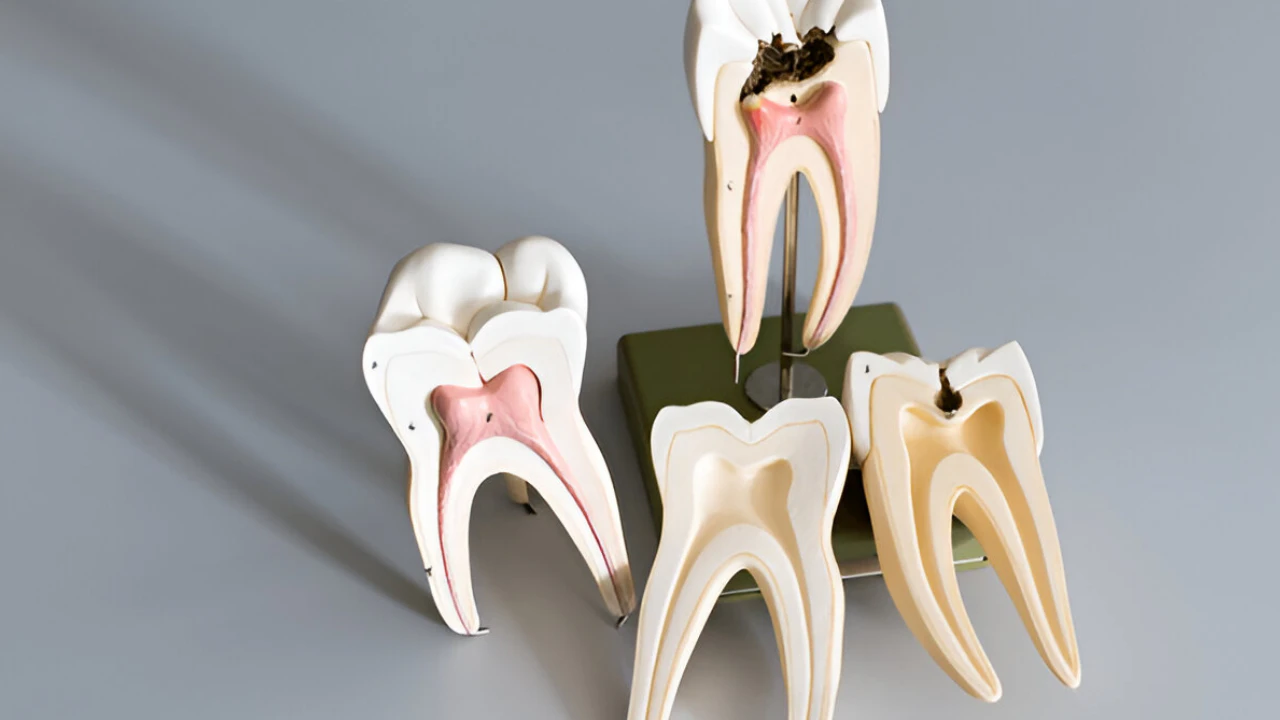
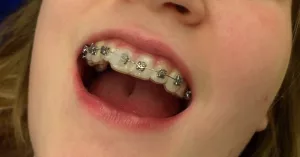
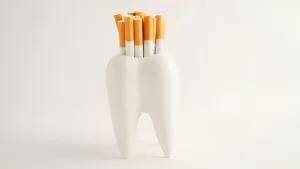


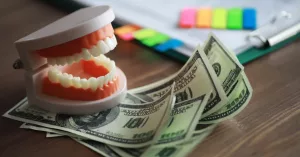

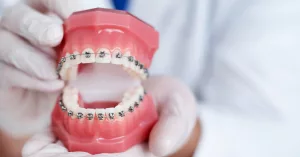
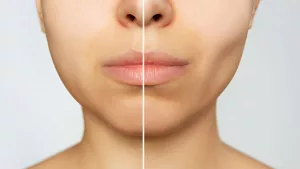

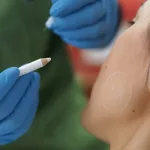













Leave a Reply
You must be logged in to post a comment.